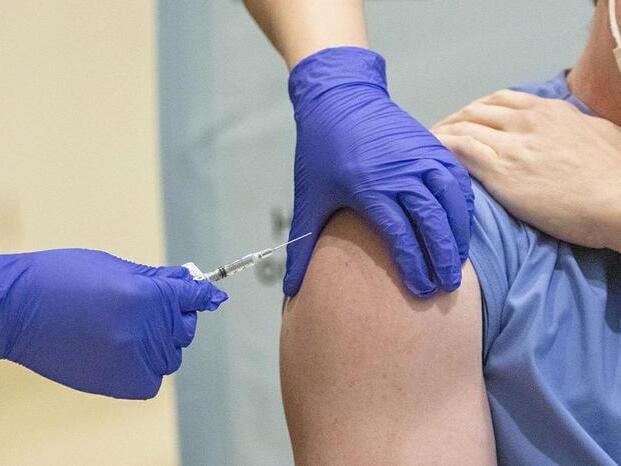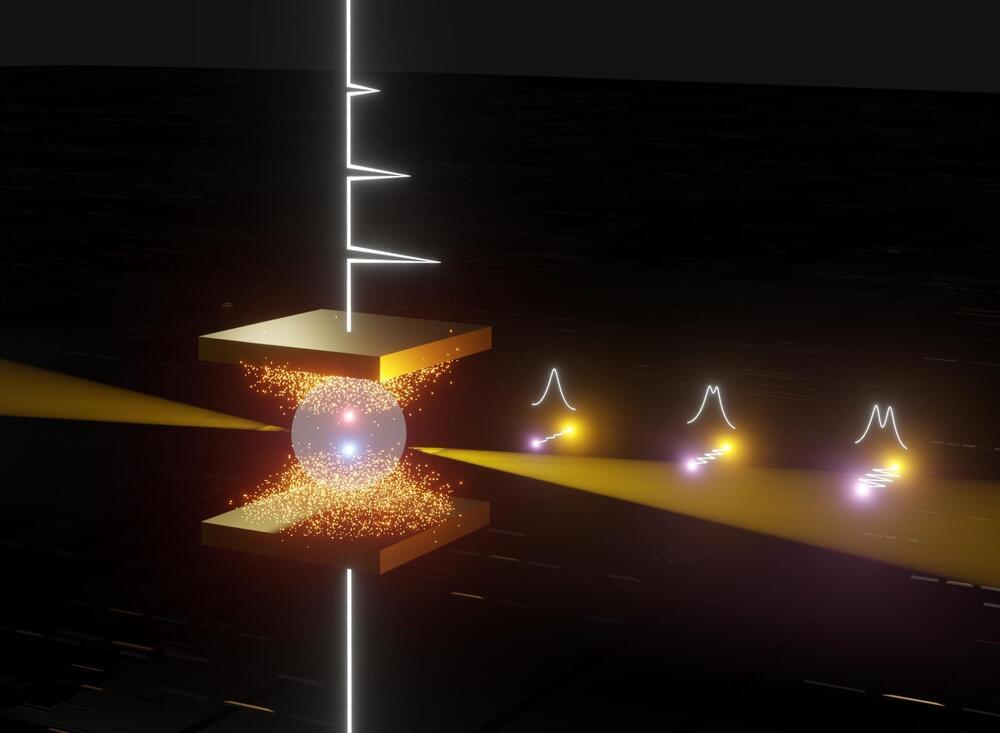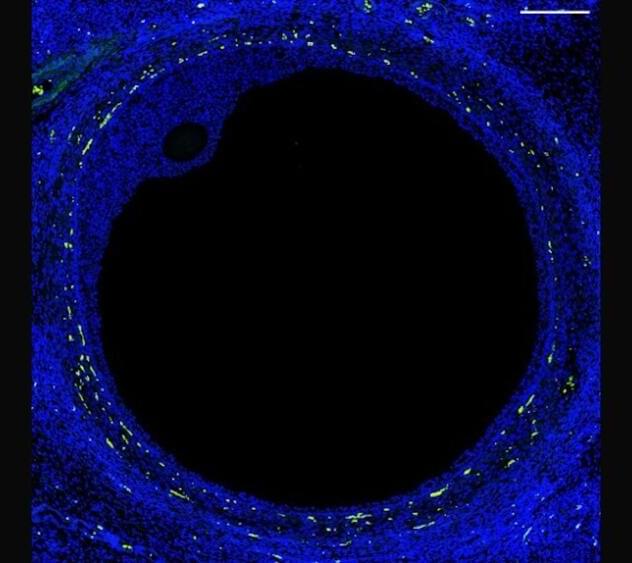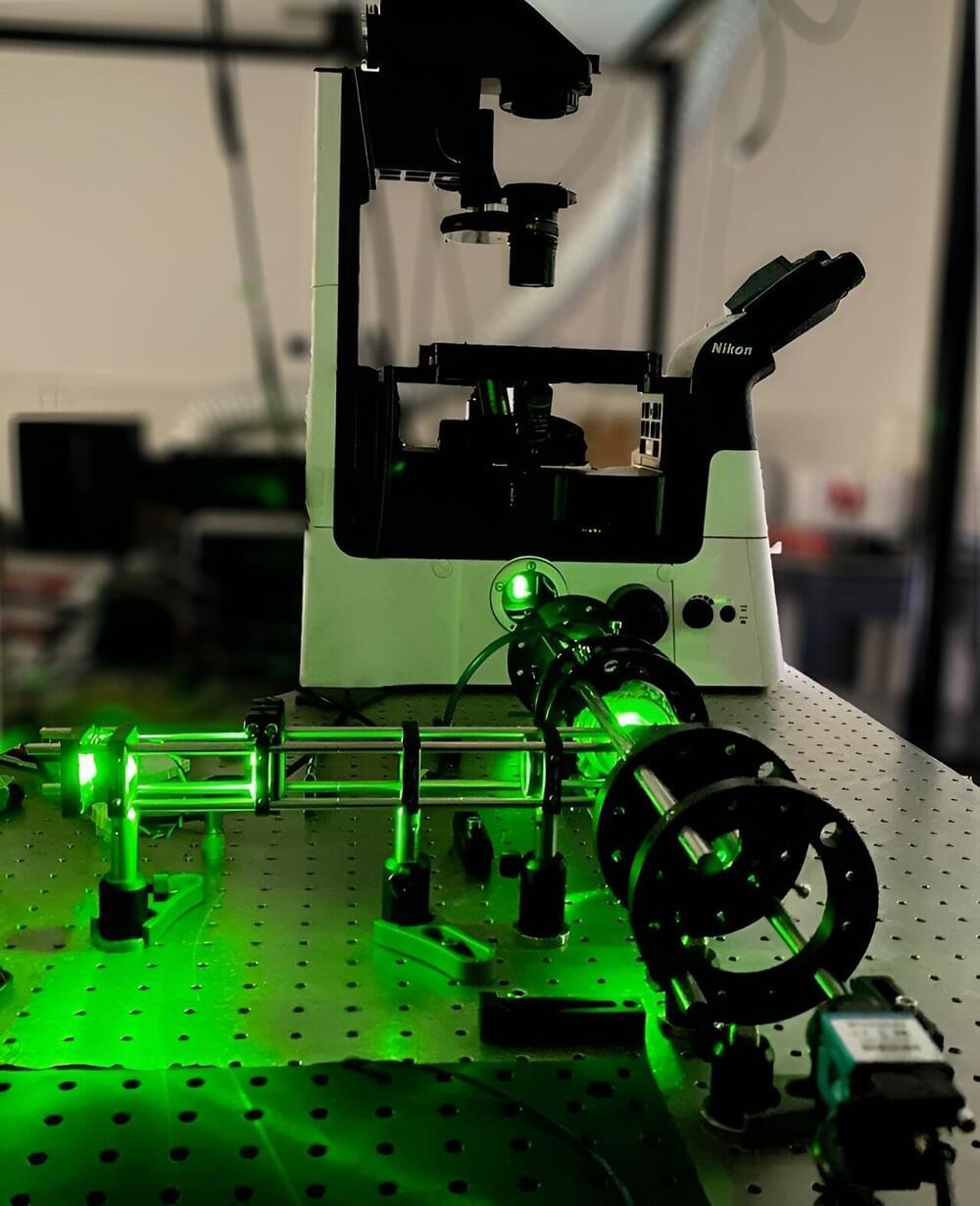An innovative programmable tool for targeting nucleic acids has been created, utilizing a prokaryotic immune defense system—and it is not CRISPR-Cas. Russian Academy of Sciences researchers have successfully re-engineered prokaryotic Argonautes (pAgos) to utilize RNA guides for locating nucleic acid sequences. These systems have been modified to form a complex with effector nucleases.
The researchers employed a two-component system known as SPARDA (short prokaryotic Argonaute, DNase, and RNase-associated) to effectively identify DNA sequences with a notable level of sensitivity and induce collateral nuclease activity. SPARDA and other concise pAgos systems that encode diverse effectors have the potential to offer a novel programmable tool for the field of biotechnology.
The research article “DNA-targeting short Argonautes complex with effector proteins for collateral nuclease activity and bacterial population immunity” was published in Nature Microbiology.






